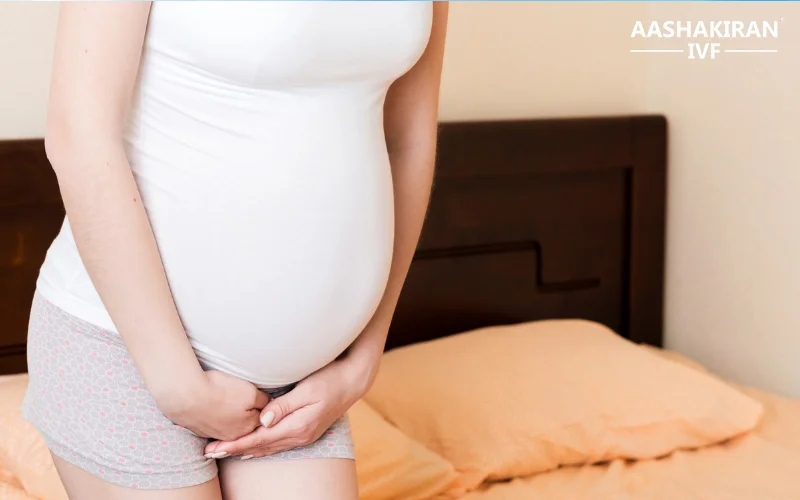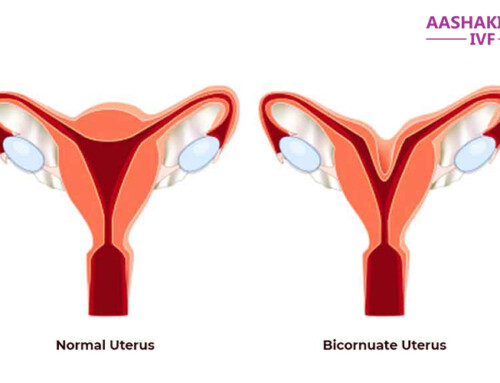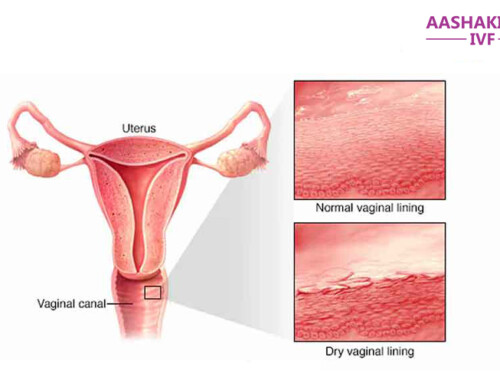Bleeding during pregnancy can be a cause for concern and should be evaluated by a healthcare provider immediately. While some spotting or light bleeding can occur during early pregnancy and may not be a cause for alarm, heavy or persistent bleeding can indicate a more serious issue. In this article, we will explore the causes, symptoms, and treatment options for bleeding during pregnancy.
Causes:
There are several reasons why bleeding can occur during pregnancy, including:
- Implantation bleeding: Some women experience light spotting or bleeding around the time of implantation, which occurs around 10-14 days after conception.
- Miscarriage: Heavy bleeding and cramping can indicate a miscarriage, which occurs in around 10-20% of pregnancies.
- Ectopic pregnancy: If the fertilized egg implants outside of the uterus, usually in the fallopian tube, it can cause heavy bleeding and requires immediate medical attention.
- Placenta previa: This occurs when the placenta covers part or all of the cervix, causing bleeding in the later stages of pregnancy.
- Placental abruption: This occurs when the placenta separates from the uterine wall, causing heavy bleeding and potentially life-threatening complications for both the mother and baby.
Symptoms:
The symptoms of bleeding during pregnancy will depend on the underlying cause, but may include:
- Light spotting or bleeding
- Heavy bleeding
- Cramping or abdominal pain
- Back pain
- Contractions
- Decreased fetal movement
Treatment:
The treatment for bleeding during pregnancy will depend on the underlying cause and the stage of pregnancy. For some women, no treatment may be necessary if the bleeding is light and resolves on its own. However, in cases of heavy bleeding or other complications, treatment options may include:
- Bed rest: Resting and avoiding physical activity can help reduce the risk of further bleeding and pregnancy complications.
- Medications: Some medications, such as hormones or antibiotics, may be prescribed to help manage bleeding or prevent infection.
- Surgery: In cases of ectopic pregnancy or placental complications, surgery may be necessary to protect the health of the mother and baby.




